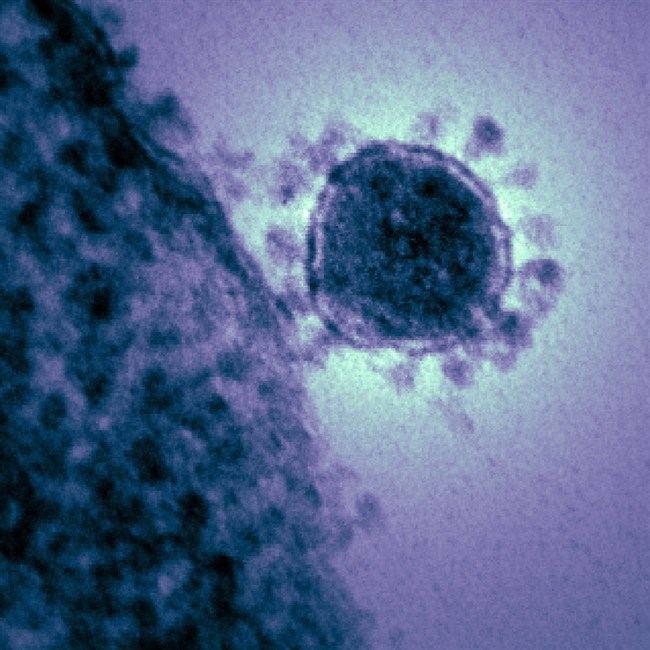Questions arising from the coronavirus outbreak:
SARS AND MERS SEEMED TO BE EASILY TRANSMITTED. IS THAT TRUE OF THIS VIRUS, TOO?
Several medical experts say early research indicates the new coronavirus is less deadly or contagious than other airborne illnesses.
Dr. Theresa Tam, Canada’s chief public health officer, has repeatedly stressed that the new coronavirus is unlikely to be transmitted through casual contact and will most likely only be contracted by people with close, prolonged contact with an infected patient.
In Ontario, the two cases identified involve a married couple from Toronto. Officials in B.C., say a possible coronavirus patient in Vancouver does not appear to have transmitted the virus to his family members, who are under close observation.
WOULD FACE MASKS HELP PROTECT ME?
No. Numerous doctors say wearing face masks can be useful in preventing the spread of coronavirus if worn by someone who’s already infected, but say they offer limited value to people who are healthy. They say washing hands regularly offers better protection.
IN THE EVENT OF BEING TOLD TO SELF-ISOLATE, HOW DO I DO THAT?
The main way to reduce the risk of spreading illness while awaiting test results is to limit contact with others — stay home except to get medical care.
Try to remain in a different room from others and use a separate bathroom, if possible. Wear a face mask if others are in the room and cover your mouth and nose with a tissue when you cough or sneeze. Immediately throw out the used tissue and wash your hands with soap and water or use hand sanitizer.
Avoid touching your eyes, nose and mouth with unwashed hands. Do not share dishes, drinking glasses, cups, eating utensils, towels, bedding, or other items with others in the home. Seek prompt medical attention if your condition worsens, but call ahead to let health-care workers know you have or are being assessed for novel coronavirus infection. If you go to hospital or a doctor’s office drive yourself or arrange for a ride — do not use public transportation.
— Sources: Health Canada, Public Health Ontario, World Health Organization, Toronto Public Health, public statements, interviews


